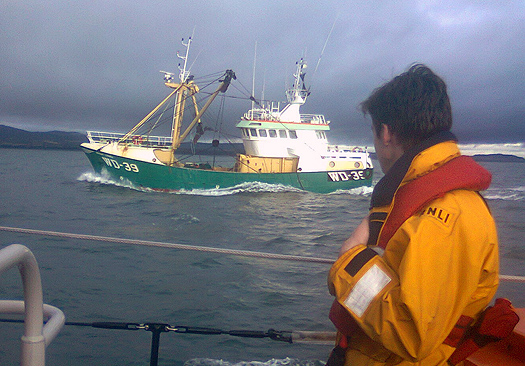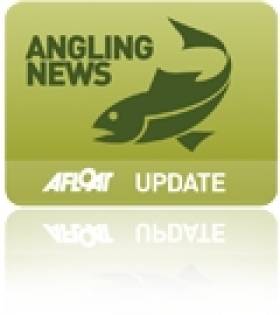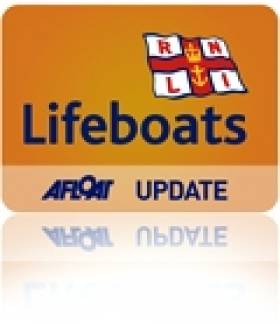Displaying items by tag: distress
'Fish In Distress' Alert as Water Levels Fall in Heatwave
#Angling - Inland Fisheries Ireland (IFI) is seeking the help of anglers and the general public to report any sightings of distressed fish due to high water temperatures or low water levels.
The national fisheries body also requests that anglers voluntarily cease using keep nets during this period, so as not to cause unintentional distress to fish kept for long periods in these nets.
Reports may be made to the local fisheries offices or the 24-hour hotline number on 1890 34 74 24.
IFI staff will continue to monitor canals, lakes and rivers for any signs of distressed fish in shallow water, but may be able to react more quickly to timely reports received.
"Low water levels and high water temperatures may lead to fish kills," said IFI chief Dr Ciaran Byrne, "and as the temperatures for salmon and trout are perilously hot at the moment, fish kills may be unavoidable. In many instances, moving fish may also prove too stressful.
"Anglers practicing catch and release during this hot spell may wish to consider desisting from fishing until conditions are more favourable."
Minister Fergus O'Dowd also urged anglers and the public to "please be vigilant and help conserve our wonderful inland fisheries resource".
Local Fisheries Offices contacts:
- IFI Swords – 01 884 2600
- IFI Limerick – 061 300 238
- IFI Blackrock – 01 278 7022
- IFI Galway – 091 563 118
- IFI Clonmel – 052 618 0055
- IFI Ballina – 096 22788
- IFI Macroom – 026 41222
- IFI Ballyshannon – 071 985 1435
Wicklow Lifeboat Tows Yacht to Safety After Rope Fouls Prop
The yacht with two persons onboard was taking part in a race along the Wicklow coast when the mast and rigging was damaged, the skipper attempted to use the engine but a rope had fouled the propeller leaving the vessel drifting helplessly.

Wicklow lifeboat tows the yacht to safety last night
The lifeboat crew under the command of Coxswain Ciaran Doyle located the stricken yacht about one mile east of the North Arklow buoy and was alongside less than 30 minutes after launching. Once a towline had been rigged by the lifeboat crew the casualty was taken under tow to Wicklow harbour. The yacht was secured alongside the south quay at 7pm and the two sailors were landed safely ashore. This was the second incident the volunteer crew responded to over the weekend.






























































